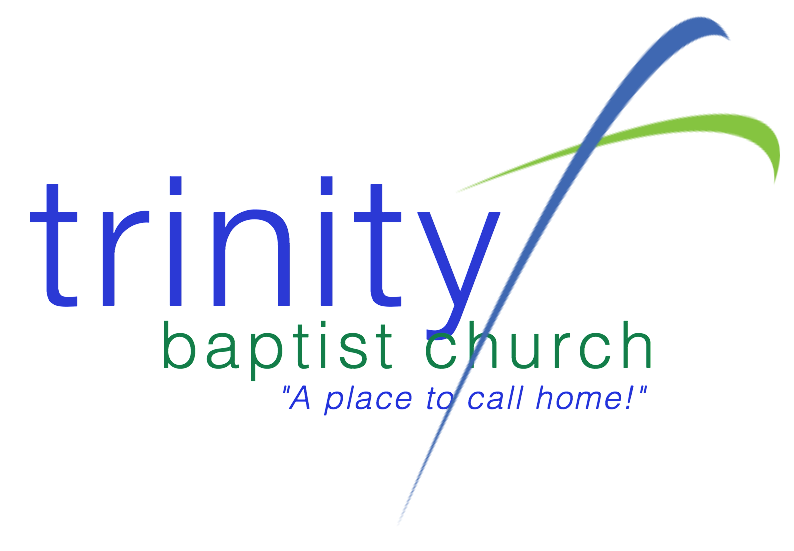
This exposition of James 4:13-5:6 by Pastor Rod Harris was delivered at Trinity Baptist Church on May 5, 2019.
Intro:
It is one of the fastest growing areas of our “Christian subculture” – leadership training or management theory. Regularly I get brochures, tapes and letters inviting me to another life-changing seminar on how to be an effective leader.
[sections collapse="always"][section title="Read More"]
The Lord knows I could use some help in that department! Here is the problem. The approach and techniques taught in these “Christian” programs have been brought in lock, stock and barrel from the world’s system. We are now being told that for the church to be successful – it must be run like a business. We have to know our product, find out what the public wants and then put it in an attractive package – simple!
Just for fun I went to Amazon.com and did a search for leadership books from a Christian perspective and found 337 titles! I remember receiving an invitation to attend a seminar sponsored by the BGCO – the Reality Leadership Conference. This is a conference sponsored by INJOY ministries and John Maxwell – the evangelical guru of leadership. The brochure announced, “The first responsibility of leadership is to define reality.” Now you may be a big fan of leadership seminars and workshops. You may not have any trouble with these concepts – but you need to stop long enough to consider the implications of such teaching. I am the first to agree that we are to be wise and faithful stewards. We are not to jump into a venture without counting the cost – we are not free to be stupid! However – what right do we have to “define reality?” Is it our place to set the agenda? We just might need to stop and consider who is in charge. That, it seems to me, is the focus of James 4:13 – 5:6.
Text: James 4:13-5:6
James, the half brother of the Lord Jesus, is writing to Jewish believers scattered throughout the region. His letter has been called a “manual of Christian conduct.” It is obvious that James was a practical man who would rather meddle than preach!
His theme is maturing.
He is calling on Jewish believers to grow up.
Beginning in chapter 4 James deals with the problem of self-centeredness.
He brought to light the inevitable conflicts of selfishness.
He continues that theme on in to chapter 5.
Specifically he is dealing with the evil of a materialistic approach to life.
In our text:
Thesis: James warns of the dangers of worldliness.
What images come to your mind when you hear the term “worldly?”
Most think of gross sins - drinking, carousing, adultery and the like.
Or maybe it is smoking, going to movies, dancing or playing cards.
Of course these are convenient ways of defining it because I can distance myself from that stuff. But is that a biblical definition? You see I’m convinced that there is rampant worldliness within the church. That doesn’t mean I think the church is sponsoring or condoning the above behavior. Worldliness, from a biblical perspective, is defined by terms like self-centered, materialistic, living within your means.
The bottom line is that when a person is motivated by self-interest it is natural to plan life without thought of God. That, I think, is the heart of worldliness.
James deals first with the futility of worldliness in 4:13-17 and then the fruit of worldliness in 5:1-6.
- The futility of worldliness. 4:13-17
- The fruit of worldliness. 5:1-6
Conclusion:
This is a sobering picture presented by James.
Keep in mind – he is writing to the church.
This is a warning to the church – not Wall Street – the church.
We must beware the danger of worldliness and seek to rid ourselves of such.
[/section][/sections]
